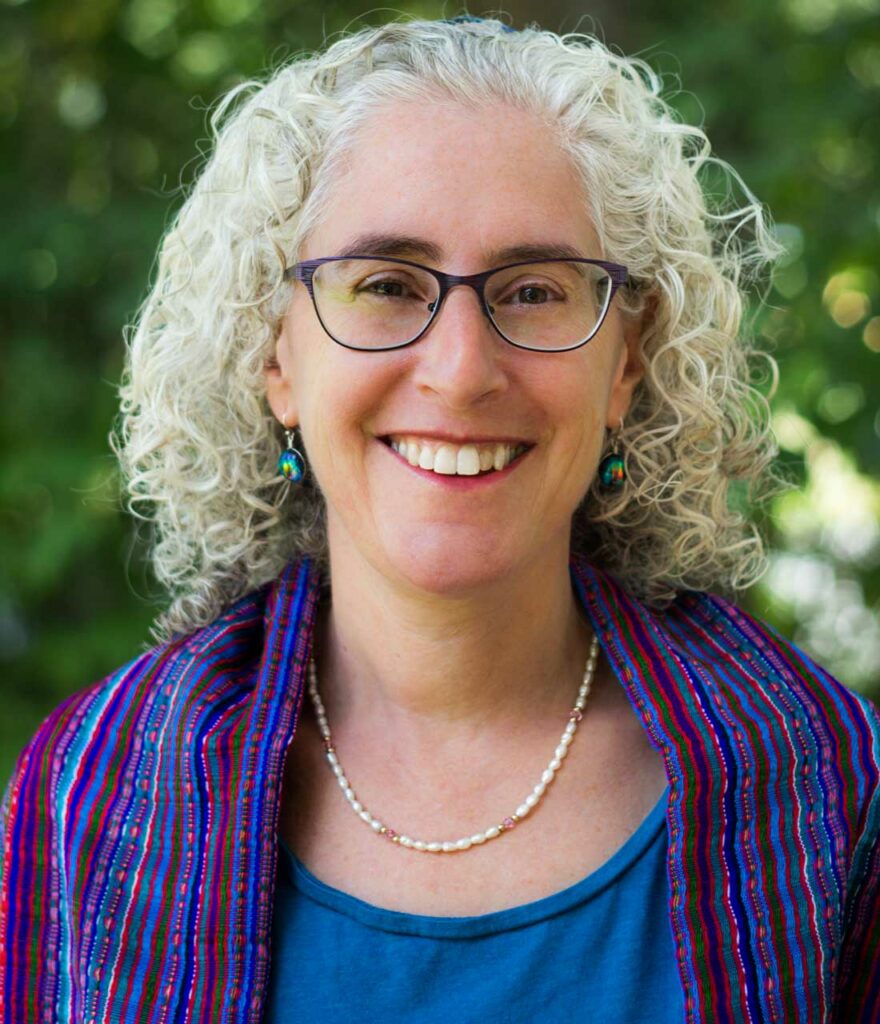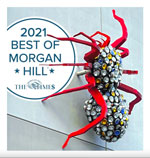Passover celebrates the Biblical story of Exodus where God freed the Israelites from slavery. It is a central teaching in Judaism. On Friday evening, April 15, the week-long holiday of Passover begins. The most observed Jewish holiday, Jews around the world will hold a Passover Seder (service) using a Haggadah (a book that tells the story of Passover). Members of Congregation Emeth look forward to welcoming friends and family into their homes for the first time in two years. On other nights of the holiday we will participate in a Congregational Seder and a Sisterhood Women’s Seder.
During this holiday of freedom, we are taught to see ourselves as if we personally went forth from slavery to freedom. The Hebrew word for Egypt, Mitzrayim, also means “narrow place.” This year is a time to consider how we are moving forward from the tight spot of the pandemic to more expansive living. Personally, I am grateful for this new experience of freedom to be together in person and not only on Zoom.

Our celebration is also tempered with recognition that we are not free until everyone is free. In the Exodus story, only after Ten Plagues did Pharoah let the Israelite slaves go. The Biblical plagues included blood, frogs, lice, beasts, cattle disease, boils, hail, locusts, darkness and death of the first born. We sadly recognize many of these plagues today in addition to modern plagues.
Darkness is a physical and emotional plague. When we do not stand up against hate, we spread darkness. We as a community stand up acts of hate. The tenth plague was the death of the firstborn. We witness tragic deaths of children in our community (e.g., mental illness, violence, physical illness) and painfully see deaths of many children in Ukraine. We recognize modern plagues—gun violence, hunger, homelessness, attacks on LGBTQ+, antisemitism, racism and more. It is traditional to remove a drop of wine from our glass while reciting each of the Ten Plagues, recognizing that our joy is diminished when others suffer.
This is one of the reasons Congregation Emeth helps those in need through acts of loving kindness (gemilut chasadim) and charity (tzedakah). We recently collected items and assembled over 200 toiletry bags donated to the Compassion Center to help the unhoused. We are donating to organizations helping Ukrainian refugees. We help provide meals for those in need at Safe Park.
The most recognized food item for Passover is matzah, or unleavened bread. As we lift up the matzah at the Seder, we note it is the bread of affliction. It reminds us of our suffering. Yet, this matzah is also the bread of freedom. It is what our ancestors ate on their journey. When we open our Haggadah each year, it’s common to find matzah crumbs, a reminder of a previous Passover full of hopes and dreams of freedom for all.
Rabbi Faith Joy Dantowitz is the rabbi of Congregation Emeth. Located in Morgan Hill and serving all of South County, Congregation Emeth was founded 45 years ago and is the oldest Jewish community in South County. A New Jersey native, Rabbi Dantowitz moved to California in the Summer of 2020. For more information about the South County interfaith community, contact [email protected].








